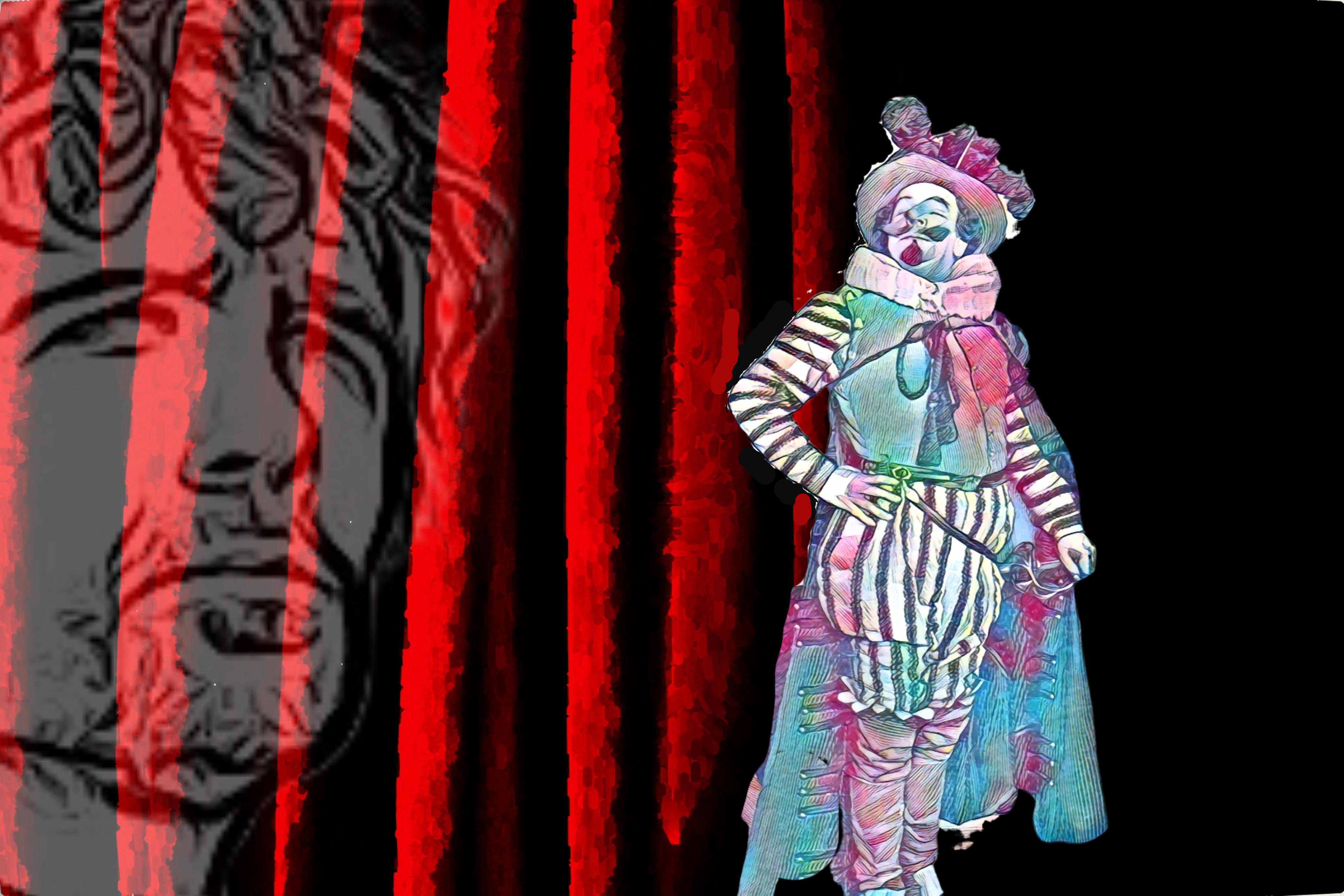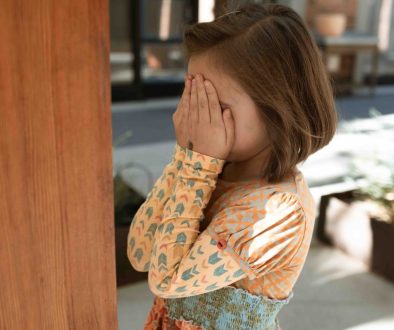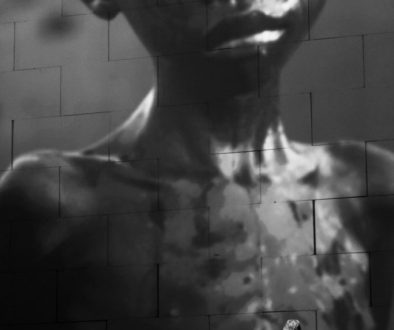Donna Levin: A Jeté Too Far, or Cyrano-no-no’s
It is a convention of the musical, be it on stage or on screen, that ordinary people stop what they’re doing and break into song. Sometimes they dance. The orphan pickpockets of Oliver! frolic around Fagin with “You’ve Got to Pick a Pocket or Two” and later around Nancy, singing “I’d Do Anything.”
Or take the twenty-somethings of River City, Iowa, who happen to be in the library when Harold Hill comes a-courting Marian Paroo: They dance on the tables, and we accept it.
More recently, starving newsboys tap dance their way through a strike.
It does help when these production numbers are part of the story, say, the wedding scene at the end of the first act of Fiddler on the Roof. It’s a wedding. People dance at weddings.
I do love me my musicals.
So, I’m in a movie theater on Christmas Day, waiting to see the Spielberg West Side Story, speaking of musicals, and what comes on but a trailer for Cyrano, with Peter Dinklage in the title role? Omg, I am so down. My daughter Sonia, who was sitting next to me, whispered, “I’ll see that with you.” Chills! Sonia offering to go out with me? It does not get any better than that. She knew I loved the play, because she had to read it in high school. I was in the hall when she asked, “Have you ever heard of a play called Sir-a… I can’t pronounce it.”
But I could. I leapt into her room, shouting, “My arm is longer by three feet of steel!” Then I helped her a little with her paper. I mean, we discussed it. Her teacher was hung up on the concept of poetic justice, which really isn’t a theme of Cyrano, but we pretended it was. I think the moral of this story is clear: give the teacher what she wants.
But back to Peter Dinklage as Cyrano. Talk about your high concept. And what a welcome one. The nose as deal-buster, relationship-wise, was always problematic. Or maybe not, in an age before rhinoplasty. In the Steve Martin adaptation, which is set in modern times, the explanation for why the protagonist, C.D. Bales, can’t get his ridiculous nose fixed is that he’s allergic to anesthesia. All anesthetics? At least Martin addressed the issue.
In this new film, Cyrano’s insecurities around women center around the fact that he’s a midget. He refers to himself as a midget, so I will, too, in place of the more politically correct “little person.”
We saw the movie, Sonia and I, along with her sister Elena, who also read the play in high school. There’s much good about it. (The movie, not high school.) The details of the setting… Well, Hollywood (the movie was filmed in Sicily) always gets that right, all the way down to the correct design of the hubcaps. There were no hubcaps in 17th Century France, but we do see that men have shaved their heads, the better to wear the bodacious white wigs of the period. They also wear makeup. Everyone’s shoes are perfect. Early on, we see the stagehands raising the chandeliers by pully. We are there.
Even better, perhaps, is the diverse casting. No, playwright Edmond Rostand most likely did not envision Baron Christian de Neuvillette as a person of color. But we need this now, along with Bashir Salahuddin as Le Bret. (That’s pronounced “bray,” but another character refers to him as “Brett.” How is it that a production company spends a few hundred thousand on creating a battle scene in the snow, but doesn’t hire a graduate student from the French department at UCLA, who would be thrilled to earn $25 an hour as a consultant. Okay, make it $50.)
What we don’t need is a sequence in which soldiers who have been practicing their swordsmanship become ballet dancers. This is a jeté too far. Tap dancing newsboys, and murderesses in a Chicago jail is where I draw the line. The dance is set to forgettable music and, I’m sorry, tin pan alley lyrics.
If I say that I missed some of Cyrano’s defining speeches, I’ll just sound petty, won’t I? Well, I missed them. In the play, Cyrano preemptively lists the possible insults his nose could receive. That would have adapted so naturally to this new concept. “Go ahead, tell me I still have to sit at the kids’ table. I’ll tell you that you look ridiculous with rouge on your face.”
Missing, too, is the “no thank you” speech that Cyrano delivers to Le Bret in the second act. But most of all, I regretted the lack of a dramatization of Cyrano keeping the Comte de Guiche at bay so that Roxane has time to marry Christian. Rostand has Cyrano disguise himself in a cloak and entertain de Guiche with a series of wild stories about climbing to the moon. “You could delay a saint from entering Paradise,” de Guiche says, when he discovers the ruse. Here we just see Dinklage standing on the balcony, with a don’t-mess-with-me look.
Ah, well. Nothing is perfect in a world where you can’t get a plumber on weekends. There remain the major themes of romantic love, of sacrifice, and most of all, of how the world values physical appearance over the person within.
If you decide to read, or to reread it, the play, the Brian Hooker translation is much better than the Anthony Burgess. I’m biased, because the man who gave me his copy … a story for another time. But just because you’re biased doesn’t mean you’re wrong.
I still have that copy, and I’m going to reread it now.
^^^
Donna Levin is the author of four novels, all of which are available from Chickadee Prince Books. Her most recent novel, He Could Be Another Bill Gates, is available on Amazon, Barnes and Noble, or at the bookstore right across the street from your home. Please take a look.
Image: Benoît-Constant Coquelin as Cyrano de Bergerac, December 27, 1897, théâtre de la Porte-Saint-Martin, regarding the newest Cyrano, Peter Dinklage



